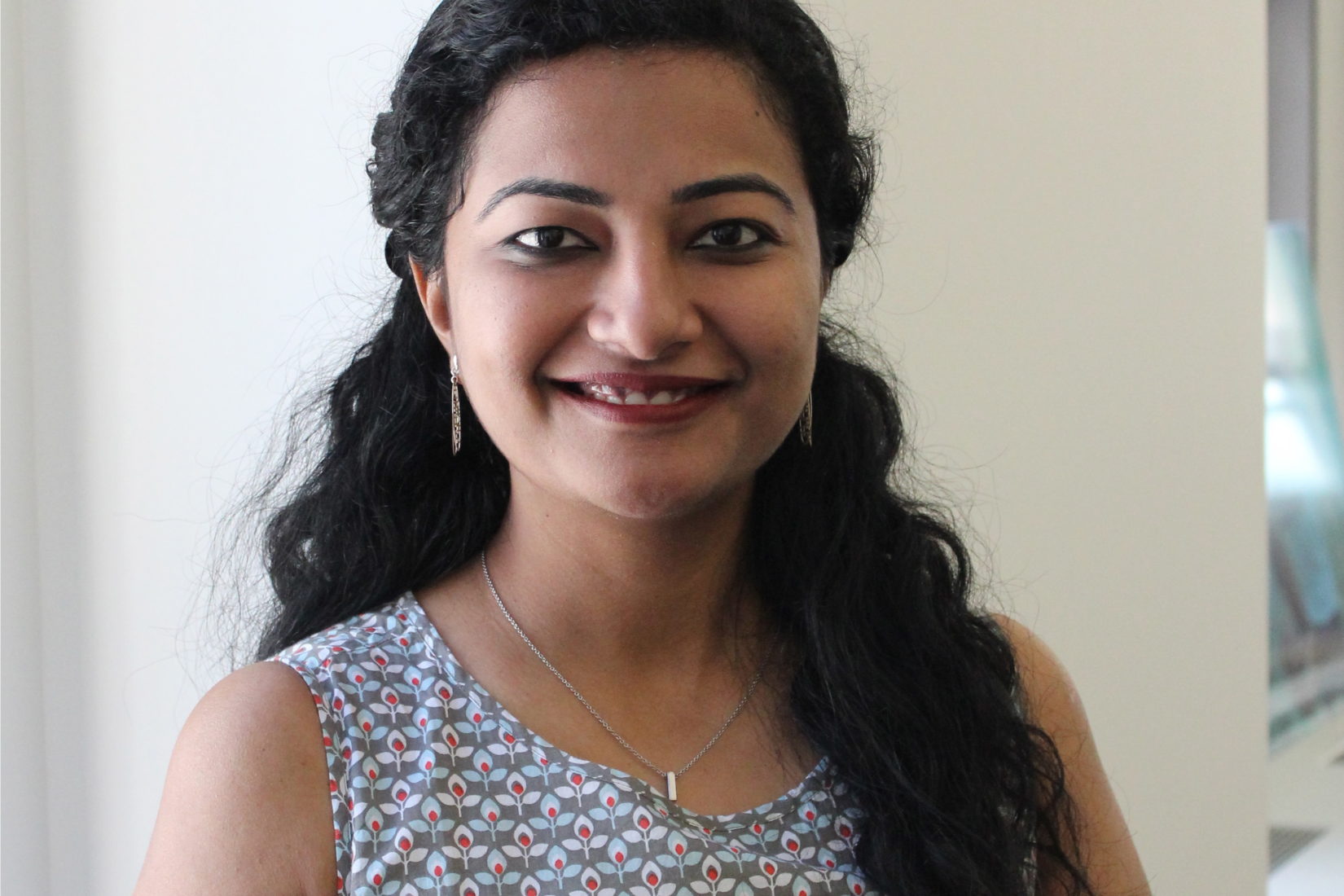Why did you apply to the leadership programme?I applied to the leadership program to meet young leaders from across South Asia and understand their diverse perspective challenges and innovative way in which they have been addressing the environmental, social and gender barriers in their countries. I also wanted to gain the project planning, networking and experiential learning skills required to work in human rights field.
What are your recommendations to anyone thinking of applying?
My advice to anyone thinking of applying is:
1. Read the application carefully and be honest while you fill it out.
2. Focus on what motivates you, what is the change that you want to make. It would help if your narrative connecting its various elements, whether it be the subject matter you work on, your accomplishments, your work experience or your reasons for applying to the leadership program. The statement should thus be a cohesive whole, held together by this narrative, rather than a collection of unrelated information.
What are your take aways from the leadership programme? Can you share 2 examples?
I learnt the following in the leadership program:
1. The power of ideas is only realized when you follow it up with a realistic plan and partner/ collaborate with people to canalize their energy towards your goal. Young leaders have lot of energy and new ideas but most of these ideas are not translated in action because of inefficient planning.
2. In order to achieve real change to sustain, the change should be built bottom up. In my professional role, I have promoted girl-centric work where girls in our program take decisions and play important role in shaping the programs meant for them.
3. Power of network! Stay connected to Sweden Alumni Network. Reach out to your fellow participants and friends to strengthen and promote collective work towards SDGs.
What are the greatest challenges for you as a advocate of gender equality?
• Online trolling, threats and inimical attitude of people towards gender equality advocates
• Lack of support from community members, police and families to challenge gender stereotypes underpinning GBV.
• Lack of funding support to promote the work to achieve gender equality.
• Mentoring opportunities for getting guidance support and motivation.
• Mental health work with survivors and vulnerable groups often adds to anxiety, depression and disappointment. As development practitioner, I face a lot of internalized trauma and anxiety.
How have you benefited from the leadership network?
• I have been able to form a city chapter – Sweden Alumni Network India Delhi Chapter, which allows alumni in Delhi to stay in touch with Sweden and collectively take up initiatives that are of common interests.
• The network has helped professionally in my work.
• I have participated in activities organized by fellow alumni members and have helped them lead initiatives in Delhi chapter.
• I wrote recommendation letters for my fellow alumni and helped them get jobs.
What are the main changes that you as a gender advocate want to achieve?
• Enabling girls and women to participate actively in formal sector jobs
• Ensuring their safety, mobility and enabling environment to lead their life without gender based discrimination.
• I want to work with employers to make workplace women friendly by ensuring equal salaries, abuse free work environment and access to fair policies and sanitation.
• I would like to start a podcast to showcase the work of women achievers.
• For female alumni in India, I would like to organize a 2-day reboot retreat to re-look at what we learnt in Sweden and how we can provide similar training to youth who can’t go to Sweden.
